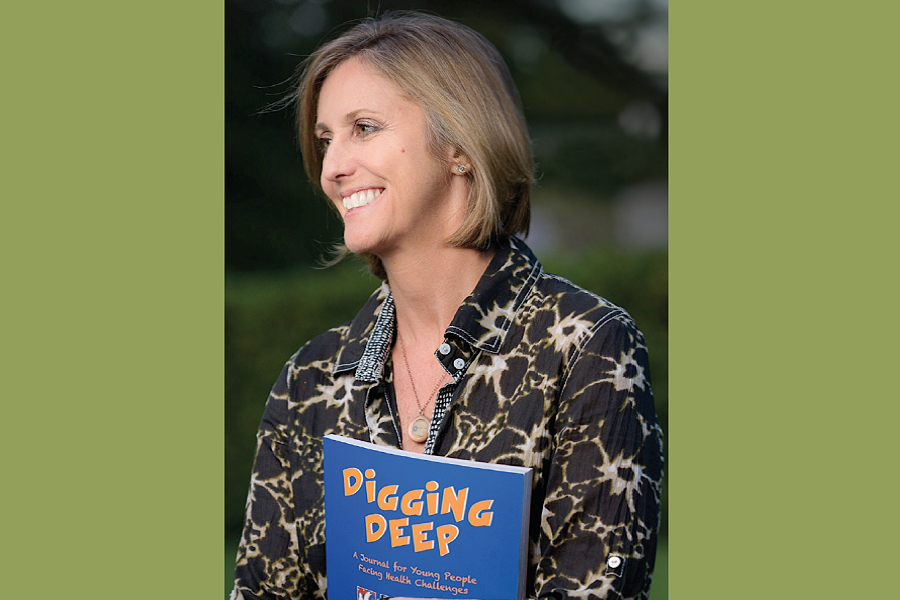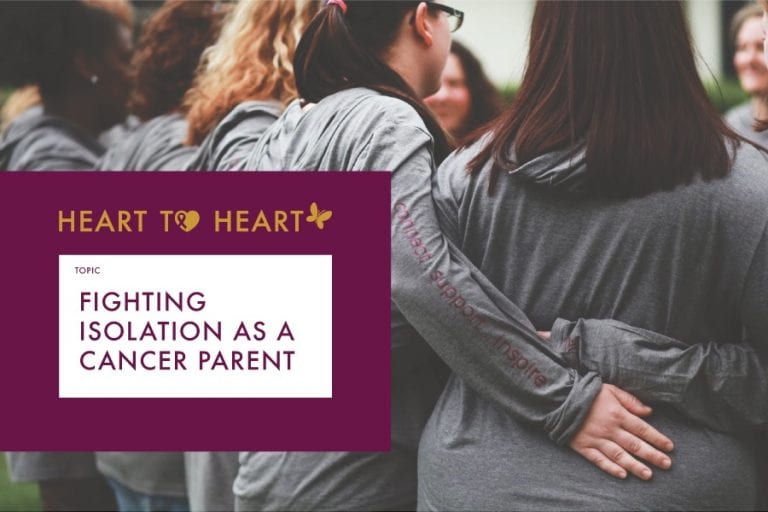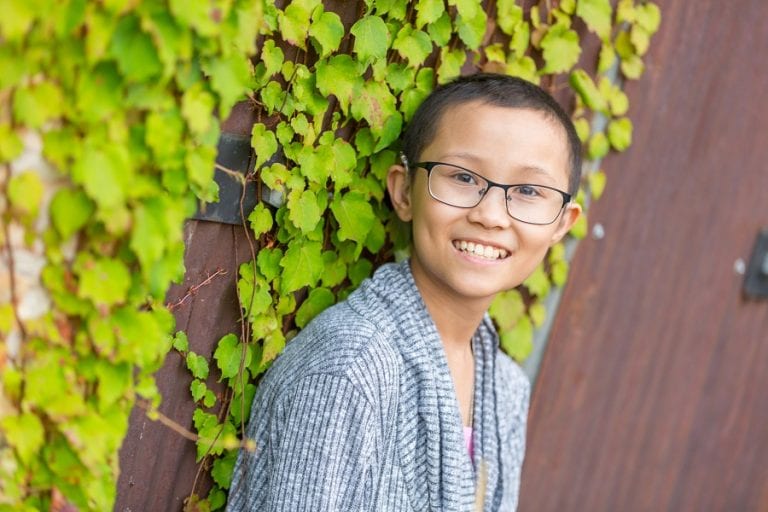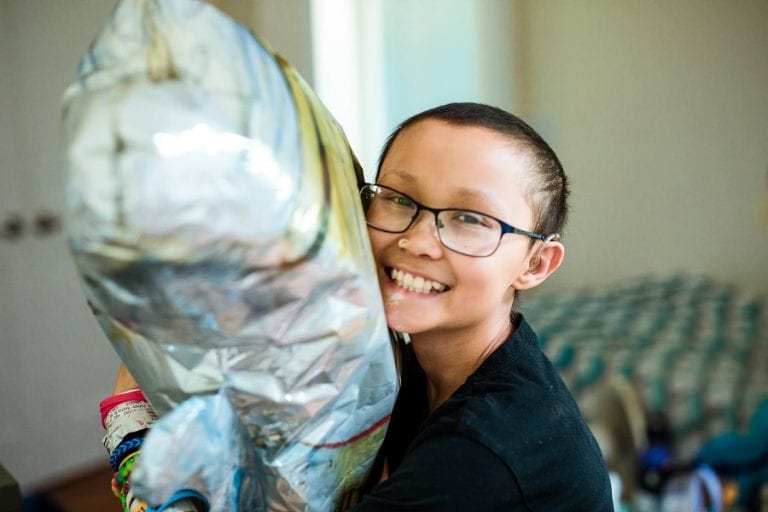Most adults in their early 20s have their whole lives to look forward to – careers, relationships, families and dreams are all still on the horizon. But when Sheri Sobrato found out at age 24 that she had a brain tumor, the image of a future ahead of her vanished. She was told she might have just months to live.
Sheri underwent aggressive treatment to fight the cancer in her brain – treatment that ultimately saved her life. However, Sheri found that even once her cancer was gone and she could go back to her day-to-day life, she didn’t feel like the same person anymore.
“When I was diagnosed, I was in denial about what was happening,” Sheri said. “But at that time, denial helped me power through my illness, but I also wasn’t expressing the emotions that I needed to express, and that caught up with me.”
For the next five years, Sheri felt like her life was on hold. For many types of brain tumors, a recurrence of the cancer is most common within the first five years after treatment ends. Sheri felt like she couldn’t start planning or looking forward to her future until she knew if her cancer would return. She watched her peers move on with their lives, careers and relationships, feeling isolated and left behind. When treatment for a bone marrow infection unrelated to her cancer stirred up the emotions she had long suppressed, one rose to the surface: anger.
“I realized I had never really expressed this anger and sadness I felt about the early adulthood stage of my life just being taken away,” Sheri said. “I hadn’t grieved the loss of my old self. When an unrelated medical crisis hit, the emotions I had suppressed were triggered. And all my emotions came bubbling out.”
Sheri, who now holds an MA in counseling psychology from Santa Clara University, says this tangle of emotions took a long time and a lot of work to sort out. What she knows now is that while she may have had the best possible medical care during her cancer treatment, nobody was focused on her emotional health, an issue that leaked over into her survivorship. And she’s not the only one.
Many survivors of childhood cancer struggle with emotional and mental health issues years after treatment ends. Anxiety, depression and post-traumatic stress disorder are all more common in survivors of childhood cancer than in their healthy peers. More studies are needed to understand just how much impact cancer treatment can have on survivors’ lives, but Sheri has found that survivors simply talking to each other can benefit them greatly.
“Oftentimes, survivors don’t want their emotions to be a burden to their families, so it’s hard for them to talk to their usual support systems when they are struggling,” Sheri said. “They just can’t find the same kind of understanding from them that they can find when talking with their peers.”
In the nearly 30 years since being diagnosed with cancer, Sheri has led countless support groups for teens and young adults facing cancer and other life-changing health issues. She used her own experiences, as well as the experiences of her group members, to coauthor a book called Digging Deep: A Journal for Young People Facing Health Challenges. She also created Shadow’s Edge, a therapeutic mobile game for teens facing serious medical conditions.
“I’d been leading support groups for a while and one thing I noticed over and over again is that these kids want to express themselves, but they don’t know where to start,” Sheri said. “They don’t have the language. Our tools help give them the language to label their feelings and express them in their own way, which makes them feel heard.”
Additionally, Sheri, who is also a supporter of CCRF, has donated to support the work of Lucie Turcotte, a researcher at the University of Minnesota who is focused specifically on the needs of childhood cancer survivors. Her goal is to create a world where cancer survivors have everything they need to live physically and emotionally healthy lives long after treatment is over, and she says she never would have found this path had she not walked it herself.
“Today, I think, ‘thank God I had a brain tumor at 24,’ because I’ve lived my life completely differently,” Sheri said. “It has allowed me to have richer relationships and seek out more meaningful experiences. I embrace it, and make it part of who I am.”
Your Gift Supports Survivors
Many childhood cancer survivors face significant physical, mental and emotional health issues, even years after treatment is over. Your gift makes it possible for survivors to get the help they need to live happy, healthy lives after cancer.




